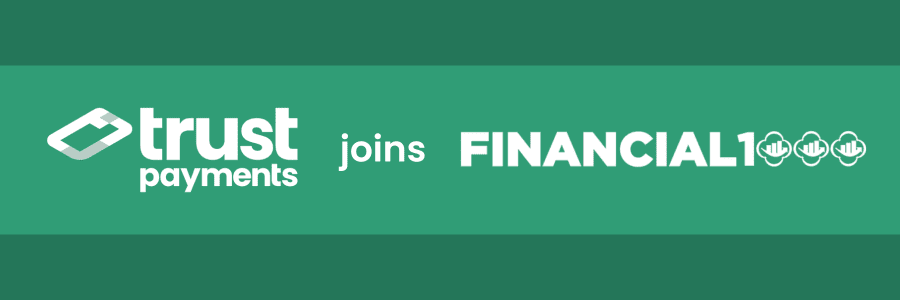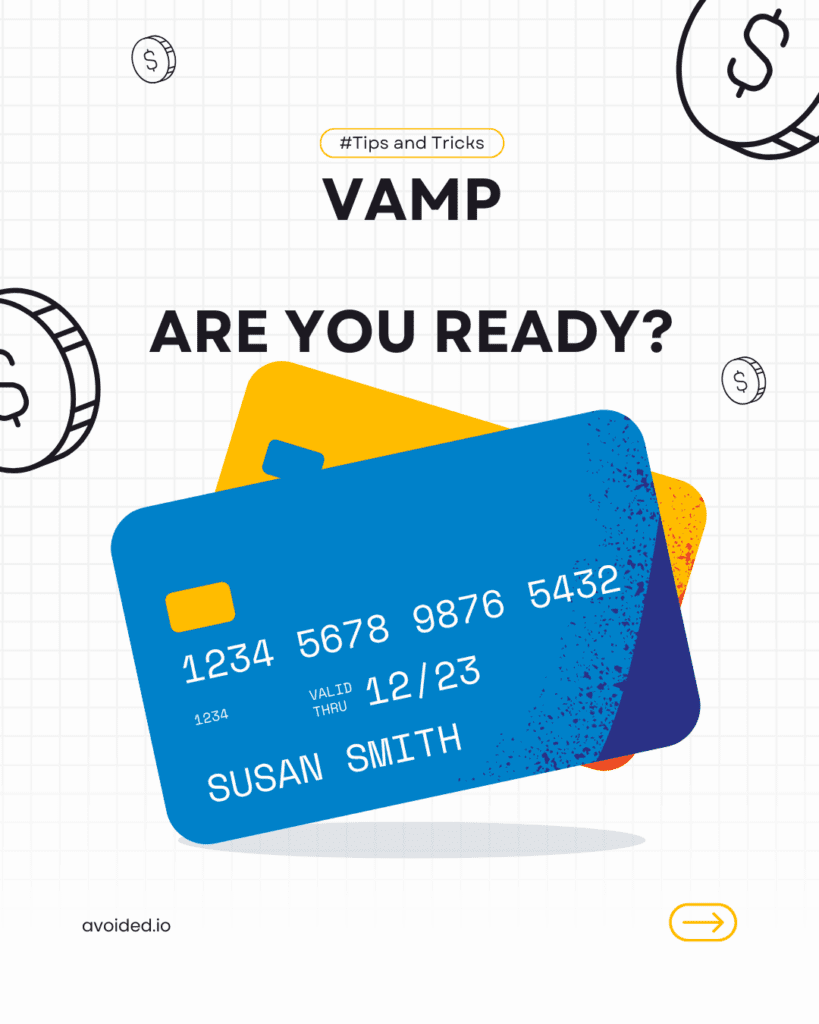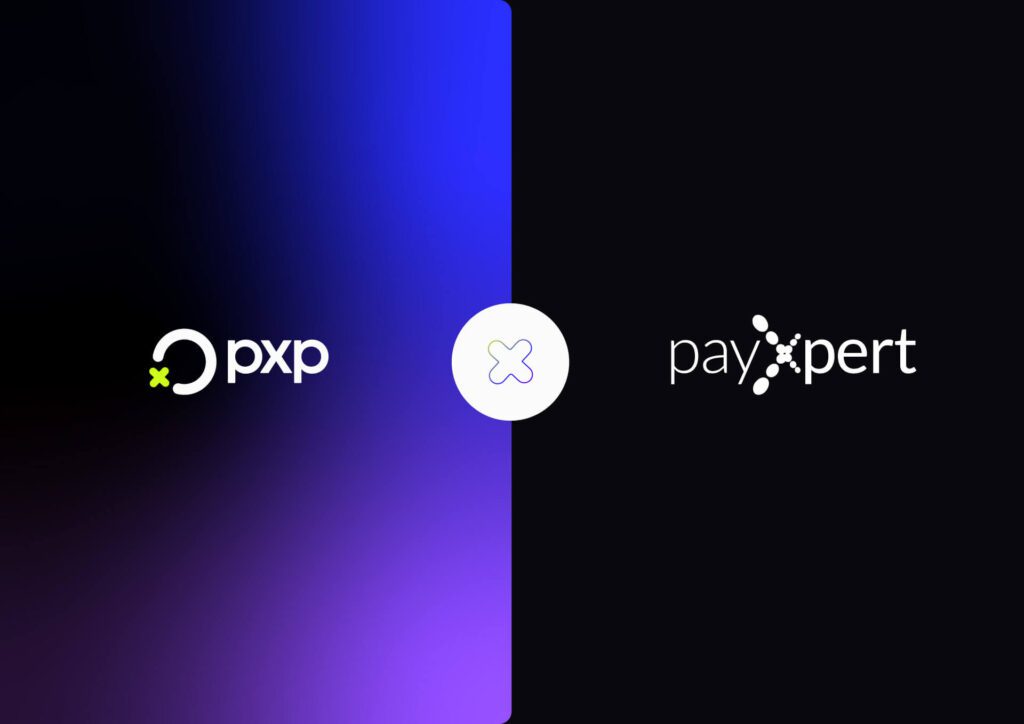
Fintech horror stories: When automation goes wrong
Fintech automation brings speed and innovation, but system failures, outages, and over-reliance highlight the need for strong oversight and planning.

Fintech automation brings speed and innovation, but system failures, outages, and over-reliance highlight the need for strong oversight and planning.

Plastic payment cards contribute to environmental waste, leading to growing interest in biodegradable alternatives that align with sustainability values.

iFAST Global Bank now offers direct USD settlement and merchant pay-outs to USD safeguarding accounts, with interest on balances subject to thresholds.

SEON has launched an automated chargeback management solution, combining fraud detection and dispute automation to help eCommerce merchants reduce losses and improve efficiency.

Trust Payments has been listed in the Financial1000 directory, a platform connecting users with a broad range of financial services providers.

A Consumer Duty webinar on 15 May will provide insights into FCA priorities, industry practices, and key considerations for firms in the payments sector.

Your quarterly overview of the key regulatory changes impacting payments—what’s happening, what’s coming, and what actions to take
SNEAK PEEK: In the mind of the merchant: Top challenges and priorities for the next 12 months September 29, 2024by Payments Intelligence LinkedIn Email X WhatsApp What is this article

Merchants gathered in London to tackle evolving fraud challenges, highlighting technology and collaboration as key to staying ahead.
A deep dive into 2024’s Financial Crime 360 survey, highlighting key challenges, prevalent fraud types, and strategic responses across various financial sectors
The PAY360 State of the Industry 2024 survey reveals key trends, challenges, and opportunities in the payments sector, emphasising the need for technological investment, enhanced security, and regulatory adaptation.

Visa’s new VAMP program introduces stricter dispute thresholds—merchants must adopt tools like RDR, OI, and CE 3.0 now to stay compliant and avoid penalties.

Online fraud is rising, with over 70% of UK payments platforms seeing revenue loss—firms are turning to AI, IDV, and biometrics to strengthen defences.

A new partnership enables UK merchants to accept Alipay+ and WeChat Pay, expanding access for international customers and enhancing payment flexibility.
The Payments Association
St Clement’s House
27 Clements Lane
London EC4N 7AE
© Copyright 2024 The Payments Association. All Rights Reserved. The Payments Association is the trading name of Emerging Payments Ventures Limited.
Emerging Ventures Limited t/a The Payments Association; Registered in England and Wales, Company Number 06672728; VAT no. 938829859; Registered office address St. Clement’s House, 27 Clements Lane, London, England, EC4N 7AE.







Log in to access complimentary passes or discounts and access exclusive content as part of your membership. An auto-login link will be sent directly to your email.
We use an auto-login link to ensure optimum security for your members hub. Simply enter your professional work e-mail address into the input area and you’ll receive a link to directly access your account.
Instead of using passwords, we e-mail you a link to log in to the site. This allows us to automatically verify you and apply member benefits based on your e-mail domain name.
Please click the button below which relates to the issue you’re having.
Sometimes our e-mails end up in spam. Make sure to check your spam folder for e-mails from The Payments Association
Most modern e-mail clients now separate e-mails into different tabs. For example, Outlook has an “Other” tab, and Gmail has tabs for different types of e-mails, such as promotional.
For security reasons the link will expire after 60 minutes. Try submitting the login form again and wait a few seconds for the e-mail to arrive.
The link will only work one time – once it’s been clicked, the link won’t log you in again. Instead, you’ll need to go back to the login screen and generate a new link.
Make sure you’re clicking the link on the most recent e-mail that’s been sent to you. We recommend deleting the e-mail once you’ve clicked the link.
Some security systems will automatically click on links in e-mails to check for phishing, malware, viruses and other malicious threats. If these have been clicked, it won’t work when you try to click on the link.
For security reasons, e-mail address changes can only be complete by your Member Engagement Manager. Please contact the team directly for further help.